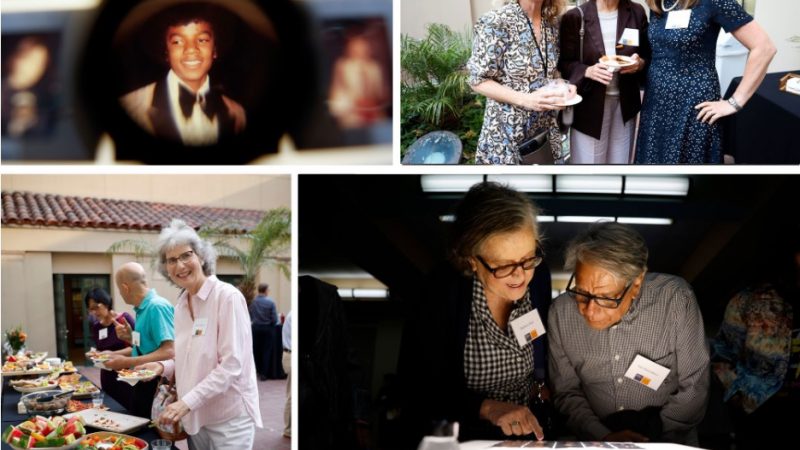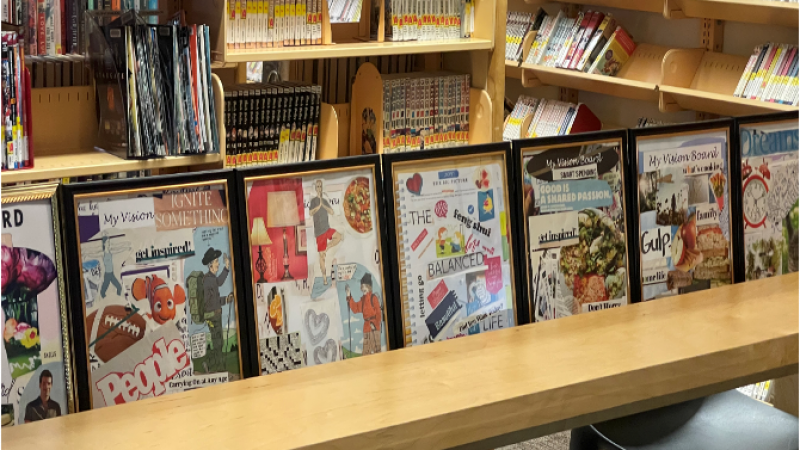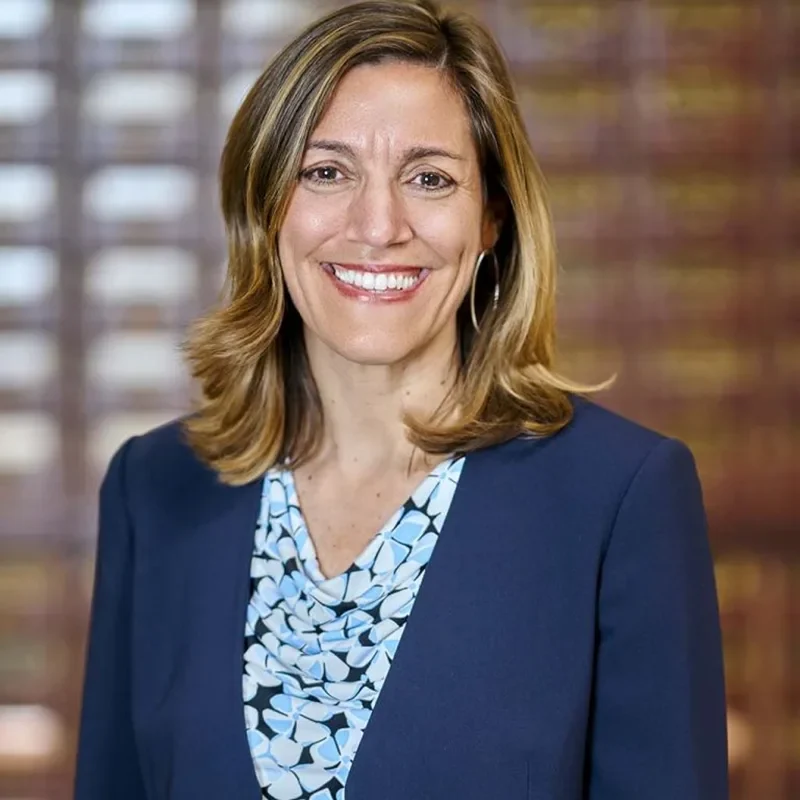“Don’t write about Oxnard!” teased George Saunders as he spoke about the unwritten rules of writing this week at ALOUD. But the irreverent conversation more frequently steered towards how to break the rules, as Saunders joined memoirist Bernard Cooper and moderator Sarah Shun-lien Bynum on the stage for an often hilarious, and incredibly insightful exploration of process, pedagogy, writing through the state of not knowing, and the doubts that every writer faces on a blank page.
 Sarah Shun-lien Bynum, George Saunders, and Bernard Cooper. All photos by Gary Leonard.
Sarah Shun-lien Bynum, George Saunders, and Bernard Cooper. All photos by Gary Leonard.
The evening began with readings by Cooper and Saunders, setting the tone of humor through the dark. Inspired by his own late night malady, Cooper read an “Insomniac Manifesto,” an impassioned exploration on the absurdity and frustration of perpetual sleeplessness. Then Saunders read an excerpt for the first time publicly, “The Semplica-Girl Diaries,” a story in his new collection, Tenth of December, which the The New York Times has already hailed as the best book you will read in 2013. Following the scattered diary entries of a man shocked by the death of a colleague, Saunders delivered many of his famous humility punches, such as when a priest eulogized the “thin line between you and the grave.” Both readings had the audience in stitches, making the writing seem effortless as the authors tackled hefty subjects, which is of course where their artfulness lies.
So how do these two writers continue to produce such moving, yet difficult work through all the unknowns? asked Bynum. Throughout the evening, Cooper referenced some of his favorite authors from Flannery O’ Connor to Alice Munro, finding comfort in others who have been willing to experiment with and complicate traditional forms of storytelling. “Knowing other people have found their way is helpful,” he said, and Saunders agreed with the idea of comparing yourself to the greats. As Saunders was first beginning to write, and considering songwriting, a teacher suggested that he listen to a favorite Bob Dylan song after composing a new song. The deflating exercise taught Saunders to recognize when his writing was subpar, to say the least, and to be inspired to revise. “Doubt is your good taste asserting itself,” Saunders proclaimed, emphasizing the need for multiple drafts.
Even through all of the challenges of writing, both authors seemed the most afraid of not pushing themselves beyond the doubt. Cooper, who typically writes nonfiction, appreciates the “safety net” of knowing what his plot will be, but the real thrill of writing for him is figuring out the mystery of how to get from point A to B. Saunders, also enthralled by the idea of surprise, described how his greatest fear of writing is, “To say I’m going to do A and then do it.” Pondering the terrible boredom of writing what is expected, Saunders also noted how this disrespects the smart reader.
In a packed house of smart readers, many audience members sought writing advice from the masters during the Q&A. Saunders asserted that the most important thing to remember was to entertain yourself, and not to worry about being clever. Cooper concurred, reminding everyone of Raymond Carver’s wisdom, “Writers don’t have to be the smartest person on the block.” As the two continued to describe how they overcome their own inner-demons, Saunders emphasized that ultimately it is up to the story. “The story is stubborn,” he said, and it will let you know when it can’t go anywhere, and then you must adapt.









